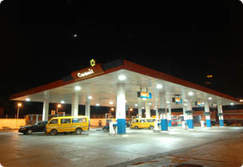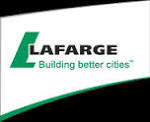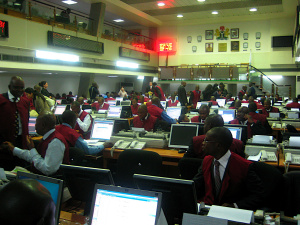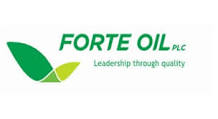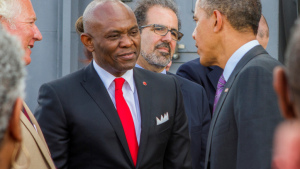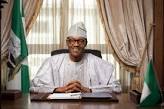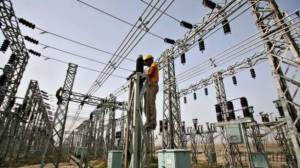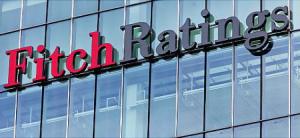Conoil Nigeria plc posted N359.41 million profit in the first six months of 2015 as Fuel marketers in Africa’s largest economy continue to grapple with unpaid government debts and macroeconomic headwinds.
The delays in subsidy payments have hindered firms from buying Premium Motor Spirit (PMS), a major revenue driver, on time, culminating in lower sales in the period under review.
Analysts say if this situation continues, a lot firms may find practicable difficult to pay money owed to banks for the purported importation of products.
The devaluation of the naira may also see the dollar denominated debts in the capital structure of these firms spiral out of control.
Conoil finance costs were up 116.16 percent to N1.90 billion in June 2015 as against N882.36 million.
Debt to equity ratio which measure how much of a company’s balance sheets are funded by lenders money was 107.41 percent in the review period though lower than 123.78 percent recorded last year.
This means Conoil is highly geared and exposed to currency.
A slump in crude prices by more than half in the past year has put pressure on the currency of Africa’s biggest oil producer, forcing the central bank to twice devalue the naira since November, 2014.
The company felt the hit of the economic doldrums at the top line as sales fell by 45.19 to N43.02 billion percent in the period under review from N78.50 billion as at June 2014.
Profit before tax (PBT) reduced by 64.47 percent to N528.54 million in June 2015 as against N1.48 billion in June 2014.Cost of sales reduced by 45.88 percent to N38.24 billion in June 2015 compared with N70.67 billion the previous year.
Operating expenses were down by 9.61 percent to N4.98 billion in June 2015 as against N5.51 billion last year.
Fuel marketers in Africa largest economy earlier in the year were in dispute with federal government over subsidy arrears amounting to $1 billion that caused crippling fuel shortages and nearly brought economic activities nearly ground to a halt.
“I think the way forward is to deregulate the sector. So petroleum products can sell at a free market. Other developing countries such as Indonesia and Malaysia have recently deregulated the sector due to tight federal revenue squeeze which Nigeria is facing,” said Tejumola Esho, Oil and Gas analyst with Renaissance Capital, in a recent note.
Conoil’s share price was N28.41 on the floor of the exchange while market capitalization was N19.71 billion on the floor of the exchange.
